Who kills Zoomcar?
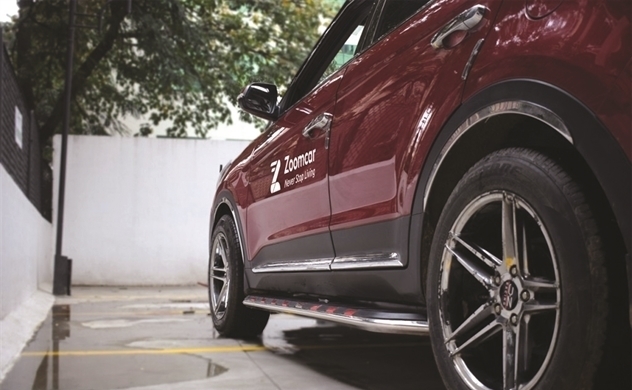
India's self-driving car rental app Zoomcar suddenly suspended operation in Vietnam in May, even though it had just reported break-even in this market, after a year in Vietnam while preparing for an initial public offering in the US through a special purpose acquisition company (SPAC).
A silent retreat
Zoomcar, which is an intermediary mobile app that connects self-driving car renters with car owners, charges a fee of 40% on each deal. Before suspending operations in Vietnam, the startup connected with 3,000 car owners and made 10,000 trips.
Vietnam's self-driving car rental market is expected to reach more than $880 million by 2027, with a CAGR of 13.82% in the period 2022-2027, according to Mordor Intelligence. In addition to Zoomcar, there are many domestic brands participating in this market such as Mioto, Bean Travel… The company is most active compared to its competitors with promotions and advertising but is a unit leaving the market.
Founded in India in 2013, Zoomcar's strength in this market is automatic car delivery, which means that the car owner will book the car at a pre-agreed-upon location and the renter will use the Zoomcar app to unlock the car. But this method does not work in Vietnam because big cities don't have as many parking spots as they do in India. Second, it's not too hard to keep this business model from being copied. For example, Viettel has a VCAR solution.
Car owners in Vietnam are different. They want to meet their renters in person to make sure the tenant leaving a deposit. Zoomcar in Vietnam operated as well as domestic businesses, but the price was always higher than the market price due to the impact of the discount fee.
Because of the high discount rate, the company faced a situation where car owners often connect directly with tenants the next time to reduce the cost of paying for Zoomcar. “That is the peculiarity of this market,” Mr. Binh Nguyen, founder of Bean Travel, shared with Nhip Cau Dau Tu magazine.
Grab and Gojek don't have this problem very often because their customers use them every day and the order value isn't too high. Customers and partners are more likely to work separately in businesses where people only use them every few weeks or months if the service value is higher. In Vietnam, the same thing happens when people rent cars and when hired maids and repairmen work together.
On the other hand, most of the car rental partners on the apps are professional car owners, which is different from the US, where private cars like Turo have done well on their own, so they often don't want to pay extra fees to other parties. 3rd. Clearly, the market needs time to grow as tenants learn that using platforms gives them a lot of options and promises them a car. For the car owner, it's the cost of paying someone else to do marketing and customer service.
Test for startups from India
Indian companies have also tried to enter the Vietnamese market. Before Zoomcar, another Indian unicorn firm, Oyo, a technology-based franchised cheap hotel network, had a similar predicament. Oyo expanded in Vietnam, proclaimed it as a strategic market, campaigned hard to acquire partners and customers, planned for an IPO, and then abruptly withdrew.
Indian IT businesses using the sharing economy concept use this methodology. They invested in Southeast Asian countries with high internet penetration, such as Vietnam, to increase market share for an IPO.
These organizations expand too quickly, management can't keep up, and spending more than they raise and gain from business causes capital shortages and shrinkage. work. Despite a lot of management effort in India, Oyo is still expanding into other markets and has had to slow down its progress to stabilize. financial management.
This technique also fosters a harmful market habit of looking for discounts because advertising and user subsidies are too accessible, contrary to promised platforms' initial aim. business partner appointment. In early 2022, SoftBank, an investor with 45% of Oyo's shares, valued the company at $9 billion, according to Economictimes. Later that year, SoftBank lowered its estimate to $2.7 billion. Oyo's IPO date is unknown.
Zoomcar manages Vietnam's complicated and important "real estate" with Oyo. Burning money for expansion promoted a global investment-backed technological strategy. No more. TechCrunch claimed that SoftBank's Vision Fund lost $32 billion this year, up 70% year-over-year, despite being more careful in funding firms.
Vision Fund's poor performance, the economy, and SVB Bank have hurt growing enterprises. Second, rising loan rates make the SPAC model ineffective, making it harder for enterprises to expand using mobilized money.
In this scenario, Indian enterprises must prioritize reorganizing their home operations over developing new markets. This organization likewise gave up research and development to adapt to the local business culture. Thus, the most dynamic market leaders exit first when capital flows dry up. Zoomcar and Oyo know this best following their brief Vietnam experience.

 TIẾNG VIỆT
TIẾNG VIỆT _1120686.png)
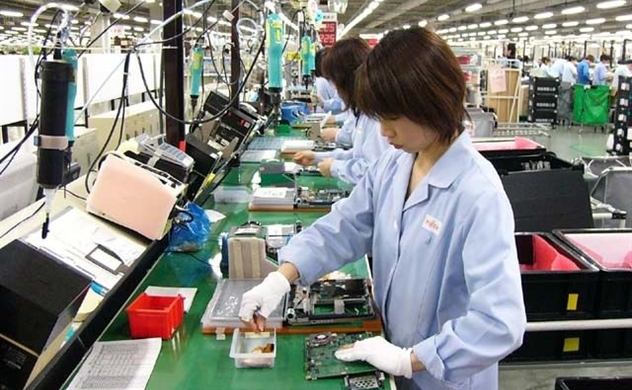
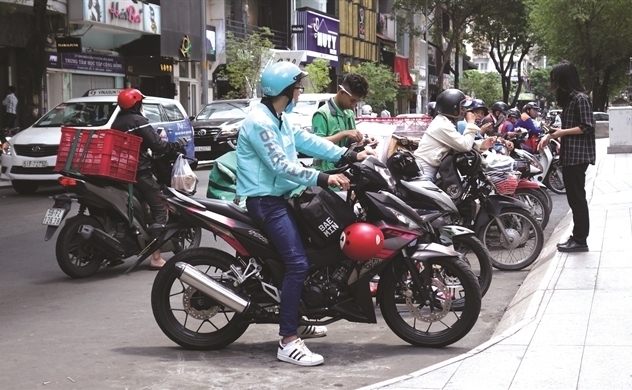

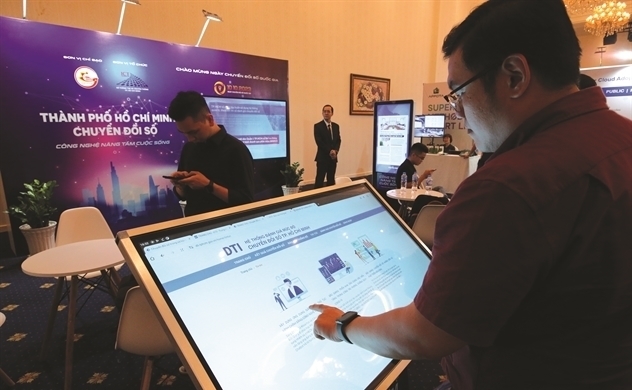
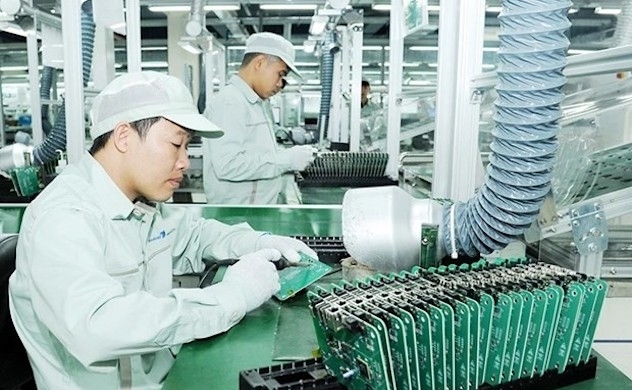

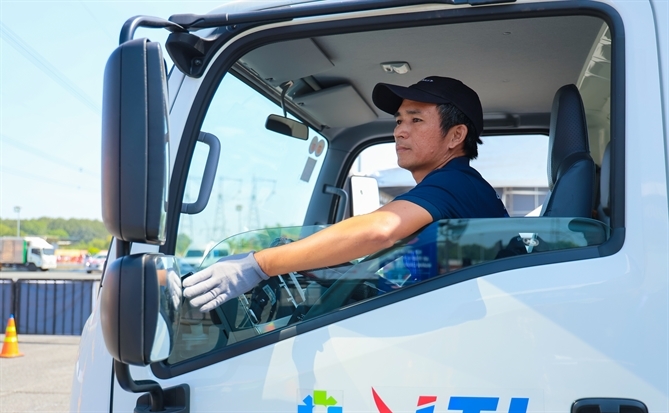
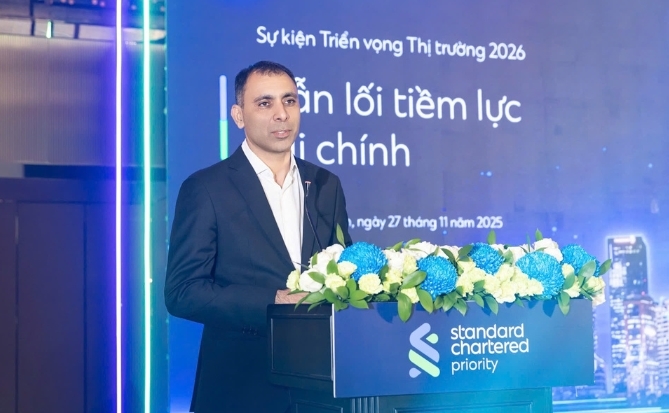

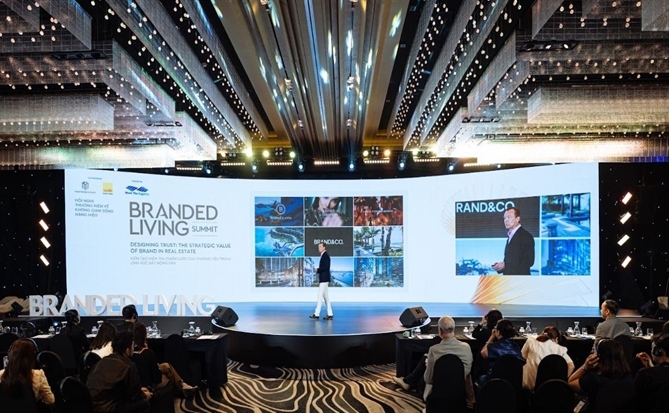
_131447820.png)







